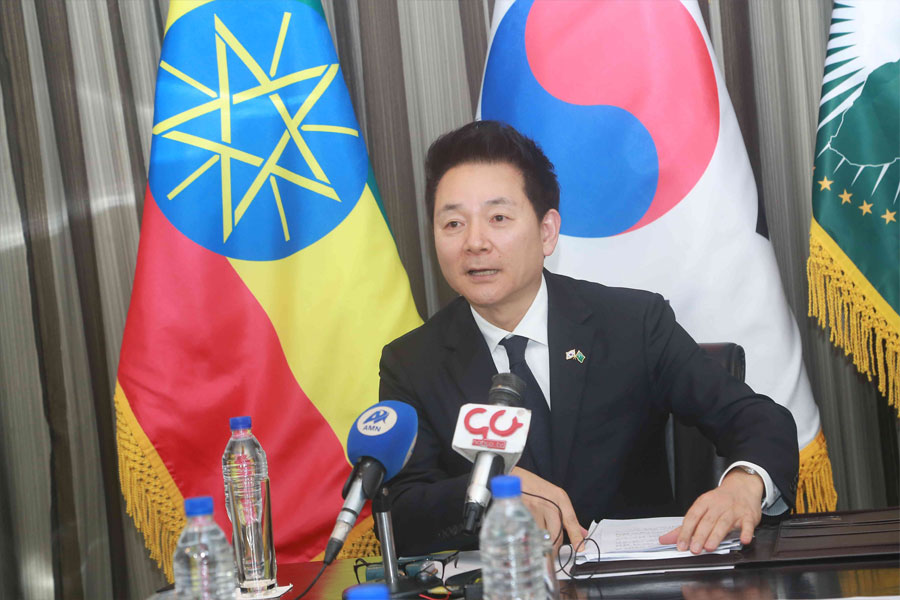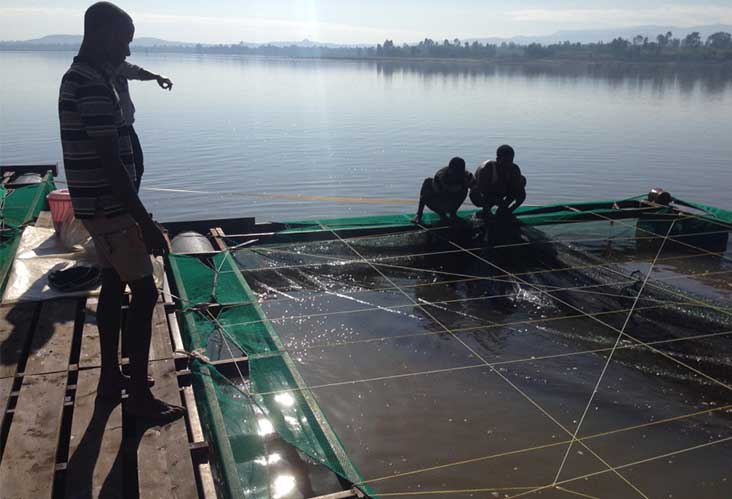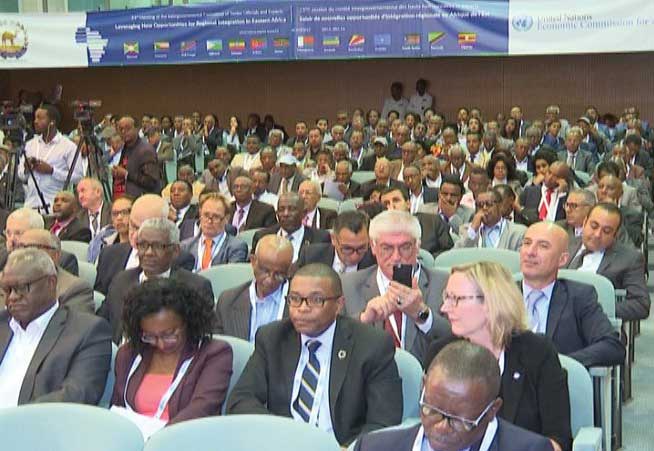
Aug 1 , 2020
By Eden Sahle
A friend has a daughter who married an Egyptian man a decade ago. Since she moved to Cairo with her husband, her parents often travel there to visit the couple and their four grandchildren. They are fascinated by the history and beauty of the country but most of all by how almost every Egyptian is well-informed of the history of their country, and even that of Ethiopia, source of the Nile River.
Inspired by this, I reached out to children, teenagers and their parents, 100 in all, to find out if the case is similar in Ethiopia. What I found was worse than I anticipated. Not only did most of them have major gaps in their understanding of the history of the country, but they did not show interest in knowing about it.
They were frustrated with the country. They did not believe that the country belongs to them but to the few elites that seem to control what goes on. Parents pass on these perceptions to their children to whom the sole ambition has been to craft ways to flee the country.
No doubt, this is understandable. We all wish to be in a country where there is peace and certainty. Still, the wrongful presentation of the country to Ethiopians themselves as backward, poor, divided and full of never abating political problems is unjustifiable.
There is more to the country. It has potential, resources, cultures, diverse communities and a landscape that deserves credit.
Such a misguided view has continued to cost the country more than just a skilled human workforce. The poverty and stagnant economic development have remained, because most want to run away instead of fighting for the betterment of the nation. Children are not encouraged by parents and schools to have a deep and sophisticated knowledge of the history of their country and its peoples. They are taught what is on the surface, the failures and very little of the potential.
This has become a perpetuating problem. Millennials are growing up to become just as disappointed with what the country has to offer as their predecessors and assume that they will only find success if they leave everything behind. The lack of certainty, law and order and the promise of a better future is all they see. It has become difficult for many to discern the country from its dysfunctional politics.
Living in Ethiopia with all the endless problems requires more than just a brave heart. But the country needs our contribution to change for the better. It is important to criticise and reflect on what is going on. But if we looked deeply enough, it is indeed possible to find some hope and inspiration in Ethiopia. This can only come if we manage to look at the country and its peoples, instead of the politics that has come to overshadow them, by learning the history.
For anyone that does learn the history, it is clear, for instance, that there is much to be optimistic about when it comes to the Grand Ethiopian Renaissance Dam (GERD), which successfully concluded its first year filling target. It is the first step taken to use its equitable usage right within the Nile Basin and an indication of the kind of regional power Ethiopia can become.
When we bring our misconceptions into the history of the country, it would be hard to recognise the importance of such an achievement. Without a recognition of the past and present achievements of the country, and its failures as well, Ethiopia’s hope lies in our determination, sacrifices and hard work to make things better for all of us and for the coming generation.
An interest in seeing the improvement of the country’s people can only be created if we refocus the way we perceive the country. This could happen if parents, schools and institutions can create awareness about the country, and represent it accurately without its politics. The untapped potential of the nation and the fact that its unpleasant reality is not set in stone can only be recognised if we care enough to glimpse deeper.
The political tit for tat should not colour how we think about this country and its people. The 100 Ethiopians I have spoken to, who came from different backgrounds, may not represent the entire mindset of the country, but they reflect what is a major problem for the country: a lack of accurate information about the history as well as an interest in it.
PUBLISHED ON
Aug 01,2020 [ VOL
21 , NO
1057]

Radar | Feb 18,2023

Fortune News | Nov 04,2023

View From Arada | Dec 25,2021

Fortune News | Aug 03,2019

Radar | Feb 04,2023

News Analysis | Jun 24,2023

Radar | Mar 23,2024

Radar | Dec 19,2021

Fortune News | Nov 30,2019

Radar | Jun 11,2024

My Opinion | 131451 Views | Aug 14,2021

My Opinion | 127803 Views | Aug 21,2021

My Opinion | 125784 Views | Sep 10,2021

My Opinion | 123419 Views | Aug 07,2021

Dec 22 , 2024 . By TIZITA SHEWAFERAW
Charged with transforming colossal state-owned enterprises into modern and competitiv...

Aug 18 , 2024 . By AKSAH ITALO
Although predictable Yonas Zerihun's job in the ride-hailing service is not immune to...

Jul 28 , 2024 . By TIZITA SHEWAFERAW
Unhabitual, perhaps too many, Samuel Gebreyohannes, 38, used to occasionally enjoy a couple of beers at breakfast. However, he recently swit...

Jul 13 , 2024 . By AKSAH ITALO
Investors who rely on tractors, trucks, and field vehicles for commuting, transporting commodities, and f...

Jun 28 , 2025
Meseret Damtie, the assertive auditor general, has never been shy about naming names...

Jun 21 , 2025
A well-worn adage says, “Budget is not destiny, but it is direction.” Examining t...

Jun 14 , 2025
Yet again, the Horn of Africa is bracing for trouble. A region already frayed by wars...

Jun 7 , 2025
Few promises shine brighter in Addis Abeba than the pledge of a roof for every family...

Jun 29 , 2025
Addis Abeba's first rains have coincided with a sweeping rise in private school tuition, prompting the city's education...

Jun 29 , 2025 . By BEZAWIT HULUAGER
Central Bank Governor Mamo Mihretu claimed a bold reconfiguration of monetary policy...

Jun 29 , 2025 . By BEZAWIT HULUAGER
The federal government is betting on a sweeping overhaul of the driver licensing regi...

Jun 29 , 2025 . By NAHOM AYELE
Gadaa Bank has listed 1.2 million shares on the Ethiopian Securities Exchange (ESX),...